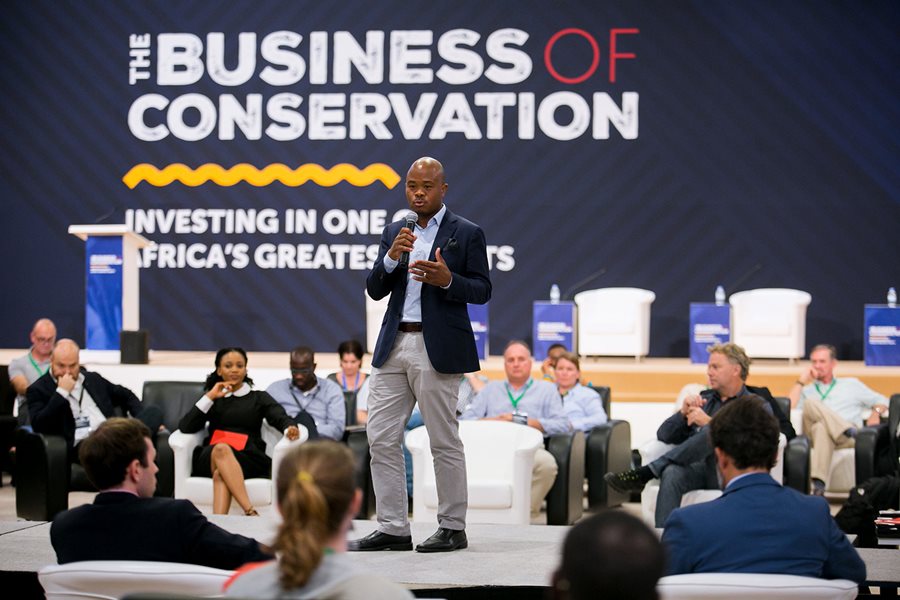Leadership lessons from Africa’s trailblazers
By Mutsa Chironga, Georges Desvaux, and Acha Leke
Fred Swaniker is the founder of several innovative educational and leadership institutions, including the African Leadership University (ALU), whose campuses in Rwanda and Mauritius are based on a new model of higher education. ALU students manage their own education, using technology, peer-to-peer learning with classmates, and four-month work-experience internships with partner companies. That enables ALU to provide a world-class education at a fraction of the cost of traditional universities.
Fred Swaniker: I spend my life today looking for and developing Africa’s future talent. What I can tell you is that there’s an abundant source of talent in Africa: it has the youngest population in the world, with an average age of 19.5, compared to 46 or 47 in Germany and Japan. And this talent is driven, hungry, and willing to learn—all they need is an opportunity. When we give them that opportunity, even though they may have come with less preparation than you might find in other parts of the world, they catch up fast. We’re able to get people who come from very disadvantaged backgrounds with very weak foundations to perform at world-class levels within two years.
Companies that succeed in Africa need to look beyond the rough edges that they might see in a young African that they interview—someone who hasn’t necessarily been to a fancy university and doesn’t speak English the way they might expect. They need to really invest in that talent; that investment will reap significant rewards for them as they grow.

You also have to take a strategic role in developing your own talent—to look at talent development as part of your value chain, not as something that is outsourced to the national university system. And to convert Africa’s raw talent, you don’t necessarily need to put people through a full four-year degree. A three-month or nine-month training program could be enough to unlock the skills that companies need. Compare Africa to India. For years, companies in India used to complain, “The universities are not producing the people we need.” So companies like Infosys created their own corporate academies, and they started training and developing their own people.
Technology is a game changer in talent development. Universities, for example, were invented in a world where information was scarce, but today we live in a world where knowledge is ubiquitous. Today’s technology enables an African sitting in Kenya to get access to world-class curricula and attend classes virtually from Harvard Business School, from Cambridge, from MIT. That’s why we’ve been able to leapfrog and build the universities of the future in Africa, driving significant improvements in human-capital development with much less capital than would have been needed before.
Talent development is a critical part of the social mission of business in Africa. Because when you’re in Africa, you’re not just doing business, you’re touching lives, you’re creating meaning for your employees, you’re transforming societies, and you’re really creating history.
About the author(s)
The reflections of Nadia Fettah, James Mwangi, Aliko Dangote, Fred Swaniker, and Graça Machel are drawn from interviews conducted as part of a broader research effort underlying a new book, Africa’s Business Revolution: How to Succeed in the World’s Next Big Growth Market (Harvard Business Press, 2018), by Mutsa Chironga, a Nedbank executive and an alumnus of McKinsey’s Johannesburg office; Georges Desvaux, a senior partner in the Hong Kong office; and Acha Leke, chairman of McKinsey’s Africa offices, based in Johannesburg. The authors wish to thank Jalil Bensouda and Omid Kassiri for their contributions to the book and this article.
